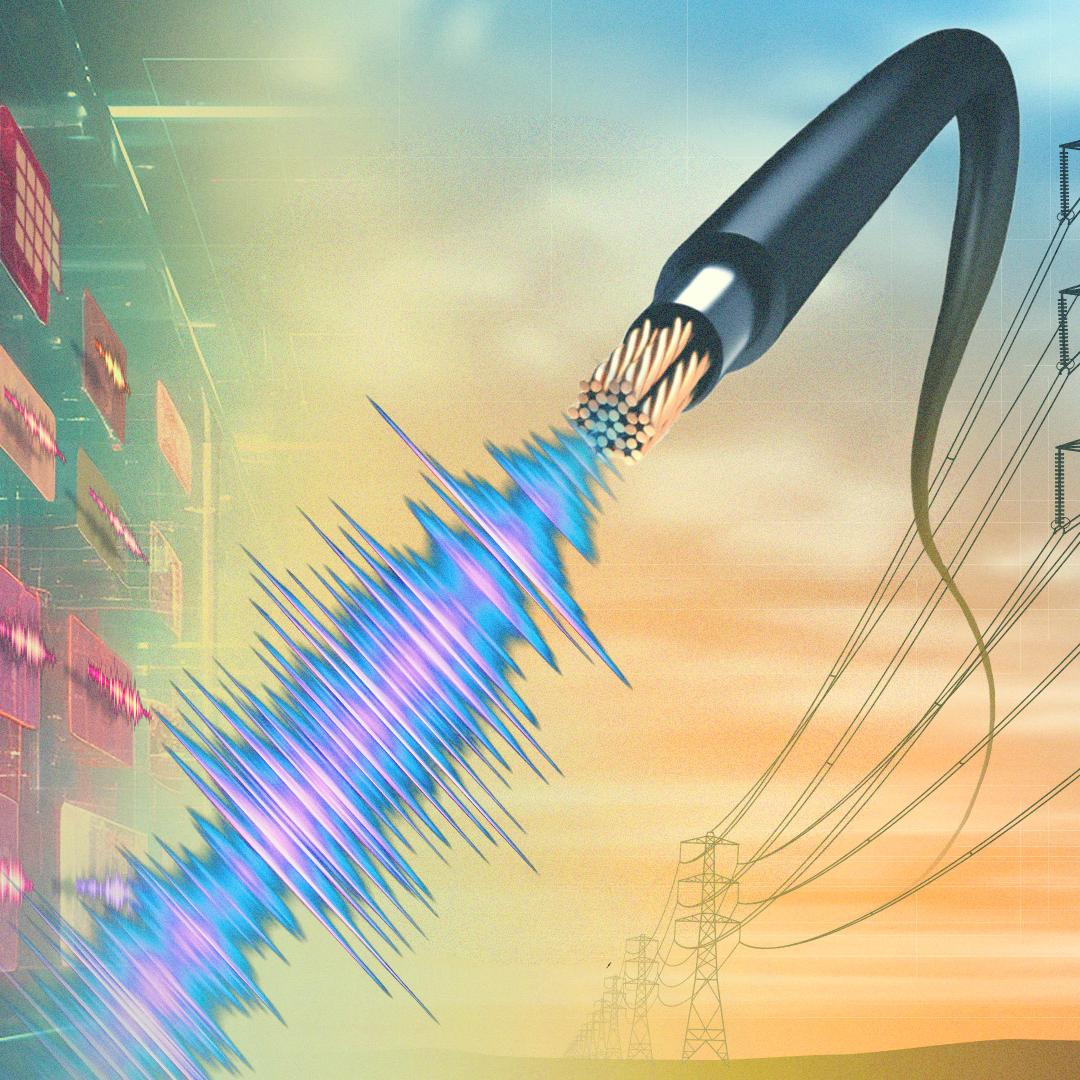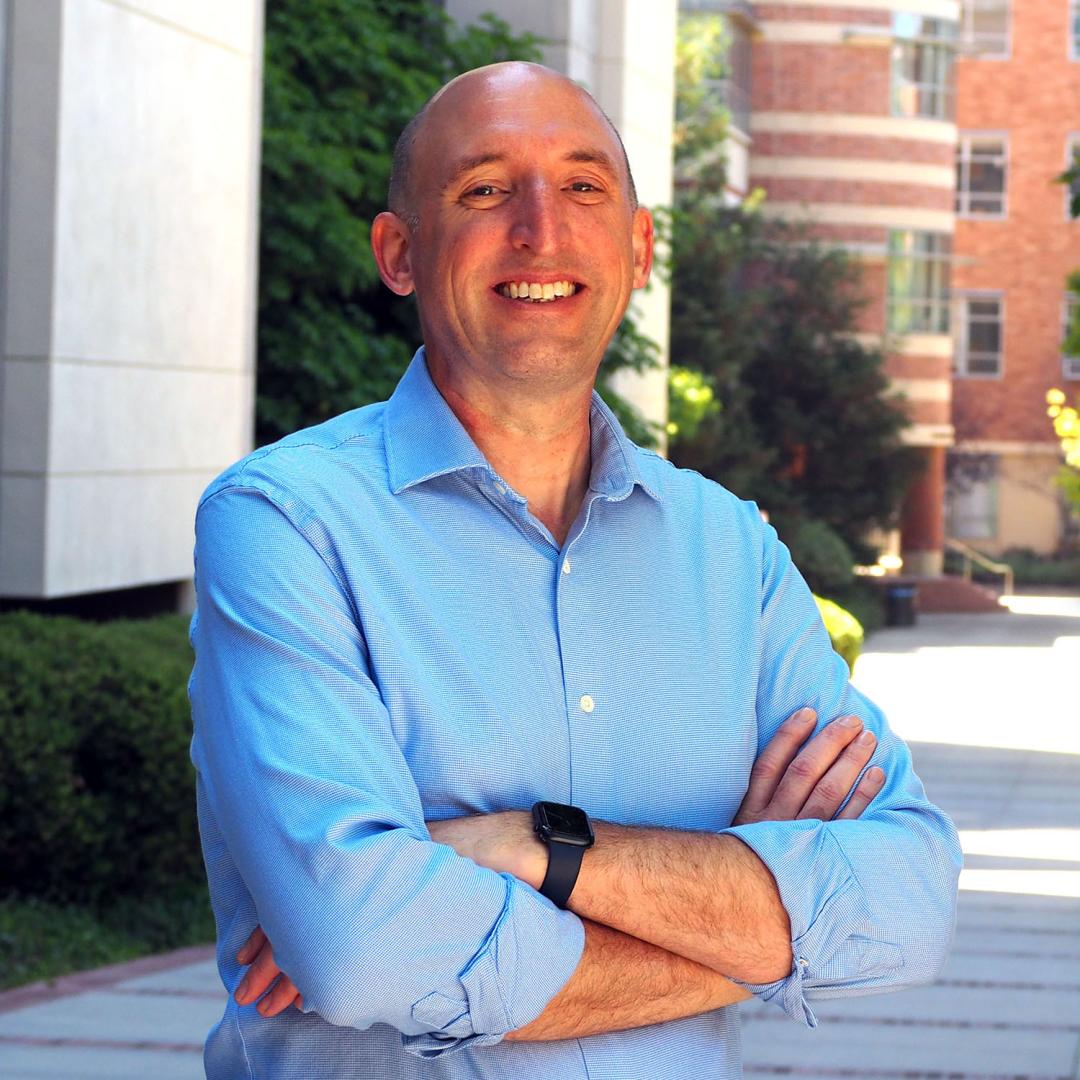
Filter News
Area of Research
News Type
News Topics
- (-) 3-D Printing/Advanced Manufacturing (14)
- (-) Advanced Reactors (2)
- (-) Artificial Intelligence (16)
- (-) Big Data (8)
- (-) Climate Change (19)
- (-) Emergency (1)
- (-) Fusion (10)
- (-) Microscopy (6)
- (-) Physics (12)
- (-) Quantum Science (5)
- (-) Security (2)
- (-) Space Exploration (5)
- Bioenergy (19)
- Biology (23)
- Biomedical (4)
- Biotechnology (3)
- Buildings (11)
- Chemical Sciences (16)
- Clean Water (5)
- Composites (6)
- Computer Science (19)
- Coronavirus (2)
- Critical Materials (4)
- Cybersecurity (7)
- Decarbonization (21)
- Energy Storage (14)
- Environment (38)
- Exascale Computing (13)
- Fossil Energy (2)
- Frontier (14)
- Grid (13)
- High-Performance Computing (22)
- Hydropower (3)
- Irradiation (2)
- Isotopes (9)
- Machine Learning (10)
- Materials (42)
- Materials Science (14)
- Mathematics (2)
- Mercury (2)
- Microelectronics (2)
- Nanotechnology (5)
- National Security (15)
- Net Zero (3)
- Neutron Science (25)
- Nuclear Energy (19)
- Partnerships (8)
- Polymers (4)
- Quantum Computing (9)
- Renewable Energy (1)
- Simulation (23)
- Software (1)
- Summit (7)
- Sustainable Energy (15)
- Transportation (14)
Media Contacts
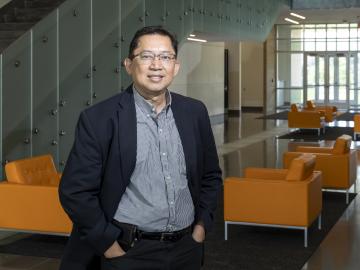
Rigoberto Advincula, a renowned scientist at ORNL and professor of Chemical and Biomolecular Engineering at the University of Tennessee, has won the Netzsch North American Thermal Analysis Society Fellows Award for 2023.
For the third year in a row, the Quantum Science Center held its signature workforce development event: a comprehensive summer school for students and early-career scientists designed to facilitate conversations and hands-on activities related to
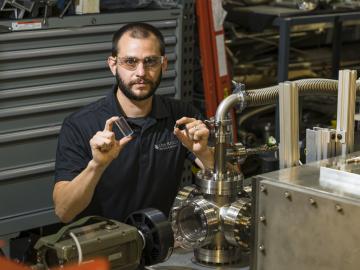
ORNL will team up with six of eight companies that are advancing designs and research and development for fusion power plants with the mission to achieve a pilot-scale demonstration of fusion within a decade.
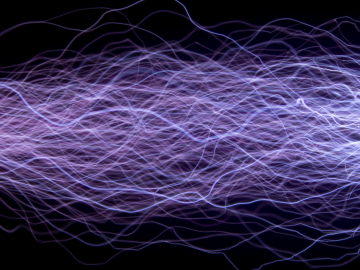
A study led by researchers at ORNL could uncover new ways to produce more powerful, longer-lasting batteries and memory devices.
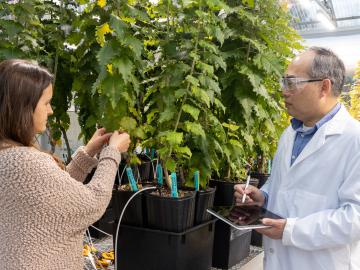
Nature-based solutions are an effective tool to combat climate change triggered by rising carbon emissions, whether it’s by clearing the skies with bio-based aviation fuels or boosting natural carbon sinks.
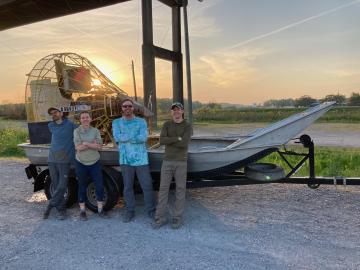
As a biogeochemist at ORNL, Matthew Berens studies how carbon, nutrients and minerals move through water and soil. In this firsthand account, Berens describes recent fieldwork in Louisiana with colleagues.
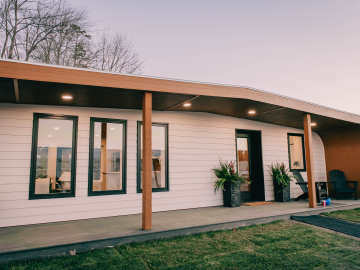
On the grounds of the University of Maine’s Advanced Structures and Composites Center sits the nation’s first additively manufactured home made entirely from biobased materials - BioHome3D.
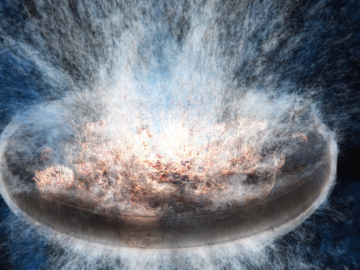
A trio of new and improved cosmological simulation codes was unveiled in a series of presentations at the annual April Meeting of the American Physical Society in Minneapolis.
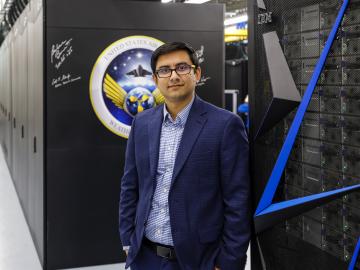
Climate change often comes down to how it affects water, whether it’s for drinking, electricity generation, or how flooding affects people and infrastructure. To better understand these impacts, ORNL water resources engineer Sudershan Gangrade is integrating knowledge ranging from large-scale climate projections to local meteorology and hydrology and using high-performance computing to create a holistic view of the future.
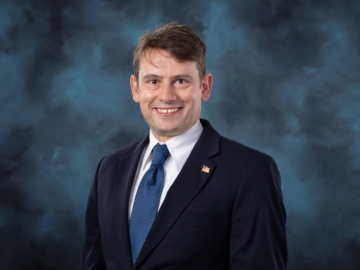
Andrew Lupini, a scientist and inventor at ORNL, has been elected Fellow of the Microscopy Society of America.


